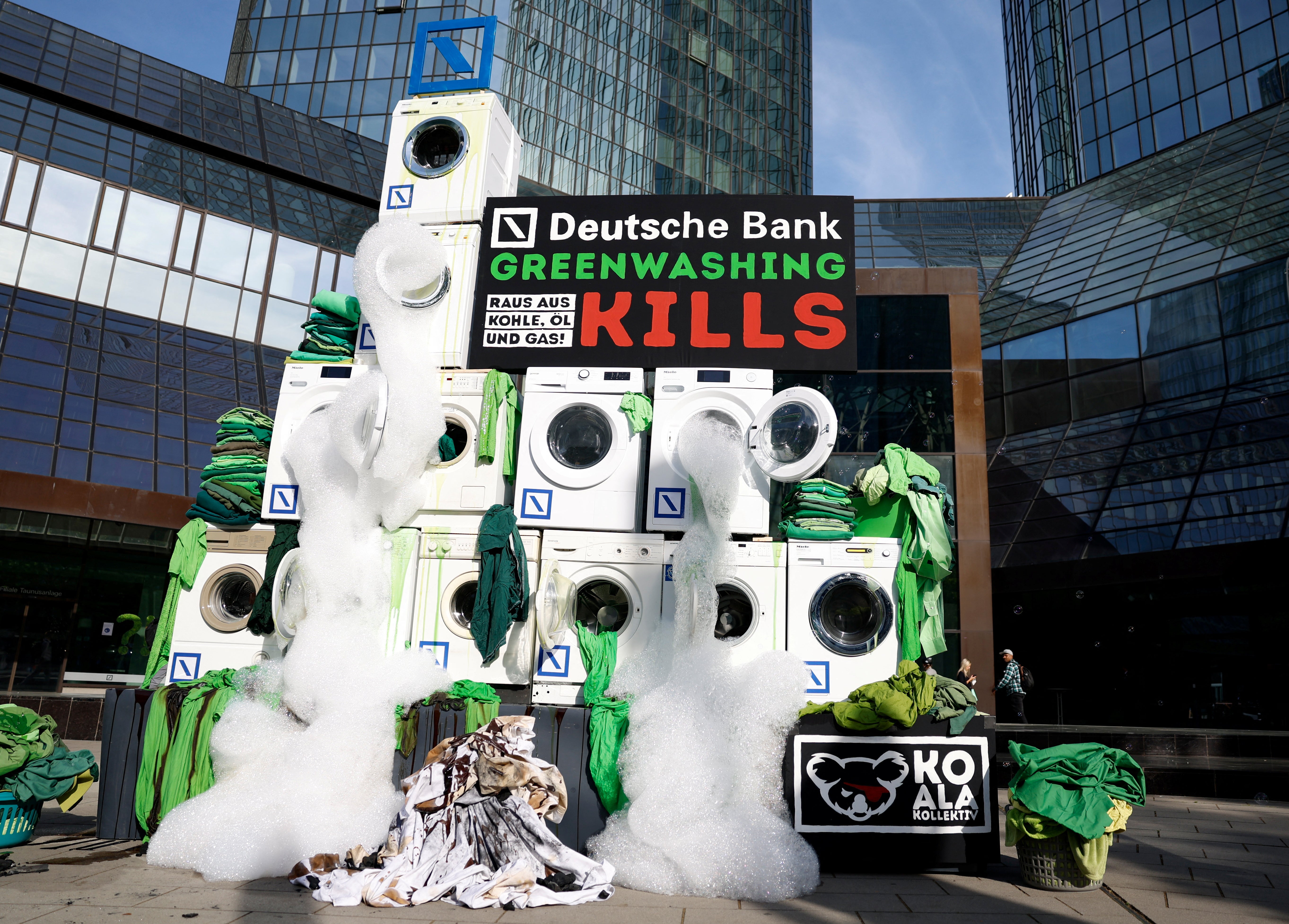Ethical investing is harder than it looks – here’s why
When making a quick judgement on a company or other investment proposition, don’t take any assertions of ethical behaviour at face value, writes Hamish McRae


It is a tough one. Do investors have to choose between ethics and profits? It ought not to be a choice, for companies that behave badly usually get their comeuppance in the end, while those that treat their customers and employees well ought to be able to make decent returns.
But in the real world, the comeuppance often seems to take a long time a-coming, while truly ethical companies sometimes lack the drive to produce good profits.
The debate has given a new twist to ESG investing – putting money into companies that have approved environmental, social and governance performance – as we explained a few days ago. It is an enormous, multi-sided issue, and people have strong views on both sides.
It is not simply that companies are accused of “greenwashing”, ticking the boxes that allow them to qualify as ethical investments, rather than materially changing their behaviour. There is the wider issue of whether a company that drills for oil or makes armaments could ever be deemed ethical.
This is genuinely difficult. Is supplying arms to Ukraine to help it defend itself against the Russian invasion the moral thing to do? If so, someone has to make those weapons. That debate will rage on.
What is new in the past few months is a narrower issue. Is it better to invest in companies that produce cutting-edge, high-technology products and services, which mostly would qualify as ESG investments? Or is it better to invest in older industries, such as oil and gas, mining and finance, where the companies quite often don’t.
Until a few months ago, the answer was clear. Cutting edge was good; fuddy-duddy was bad. The US high-tech enterprises shot up in value, while the share prices of the older corporations languished. But this year, the reverse is true. Shares in Apple did well last week, as there was a general tech recovery, but they are still down 17 per cent this year. Alphabet, parent of Google, is down 22 per cent. Meta Platforms, parent of Facebook, is down 42 per cent, while Netflix is down 67 per cent.
By contrast, Shell is up 40 per cent. Glencore, the Anglo-Swiss mining company, is up 35 per cent. HSBC is up more than 10 per cent. That is not to make any moral judgements about those companies (or to suggest they are fuddy-duddy). It is simply to point out that they have been unfashionable investments. Mind you, AstraZeneca, which gets my vote for doing the Oxford vaccine at cost, is up 25 per cent this year, so maybe virtue can bring pecuniary rewards to investors.
So what should investors do? Are there any guidelines? Let me tentatively set out five propositions.
First, fashion is a snare. If there is huge momentum behind some form of investment, be it a high-tech enterprise or a cryptocurrency, then be happy to ride with it, but beware that the mood can suddenly flip.
Second, ESG does genuinely nudge companies to think about their behaviour on those issues. Having damaging ESG policies increases risks for the company and for their shareholders. Human nature being what it is, there will always be abuses and distortions, but the principle behind ESG investing is a useful guide to investment.
Third, whether to invest in particular sectors is a personal decision and those decisions should be respected. If someone invests in bitcoin despite the environmental burden – the electricity consumed by bitcoin will soon be as much as Italy – then that is their choice. If someone decides not to invest in bitcoin, that is their choice too.
To keep up to speed with all the latest opinions and comment, sign up to our free weekly Voices Dispatches newsletter by clicking here
It is better to live in a democratic society where people make their own decisions about how they spend their money and how they save it, than one where those decisions are imposed on them. The important thing is that savers should feel comfortable with the way their savings are invested.
Fourth, we do need better controls on the way investment propositions are marketed. I worry about celebrities promoting new investments. I worry about adverts for investments on London Tube trains. I worry about clever websites that stress how green energy companies are, especially the ones that subsequently go belly up.
Finally, a simple rule of thumb for anyone trying to make a quick judgement on a company or other investment proposition: don’t take any assertions of ethical behaviour at face value. Ralph Waldo Emerson, the 19th-century American writer, philosopher and abolitionist, coined his famous adage in 1860: “The louder he talked of his honour, the faster we counted our spoons.” He was thinking of individuals but I believe it applies to companies, too.






Join our commenting forum
Join thought-provoking conversations, follow other Independent readers and see their replies
Comments